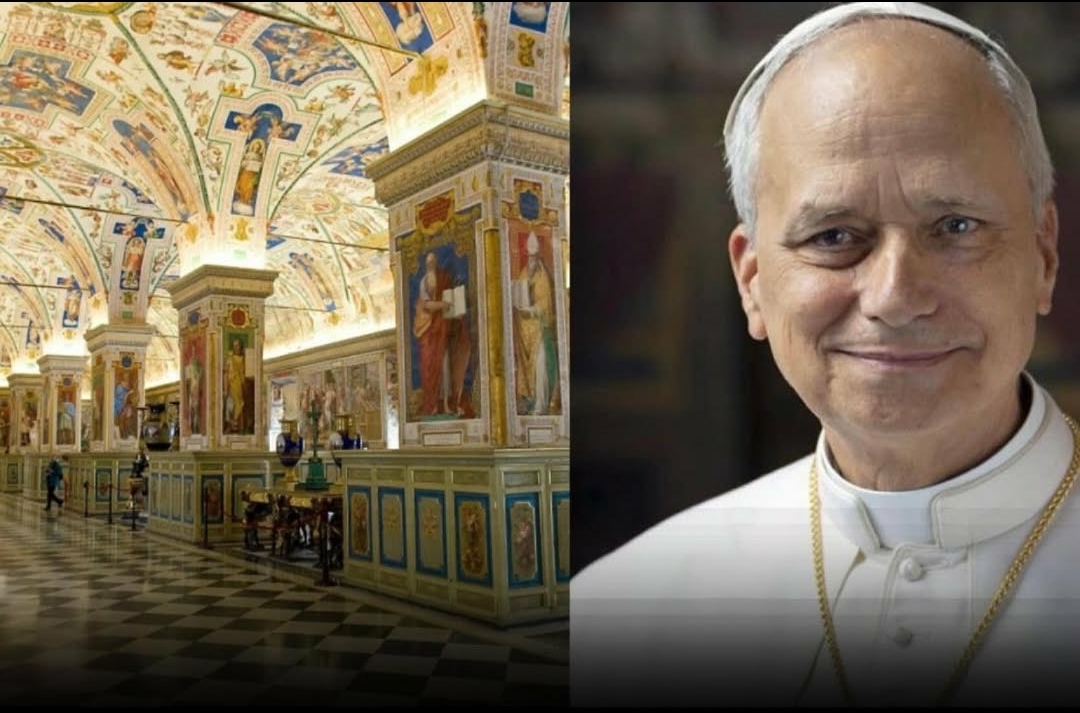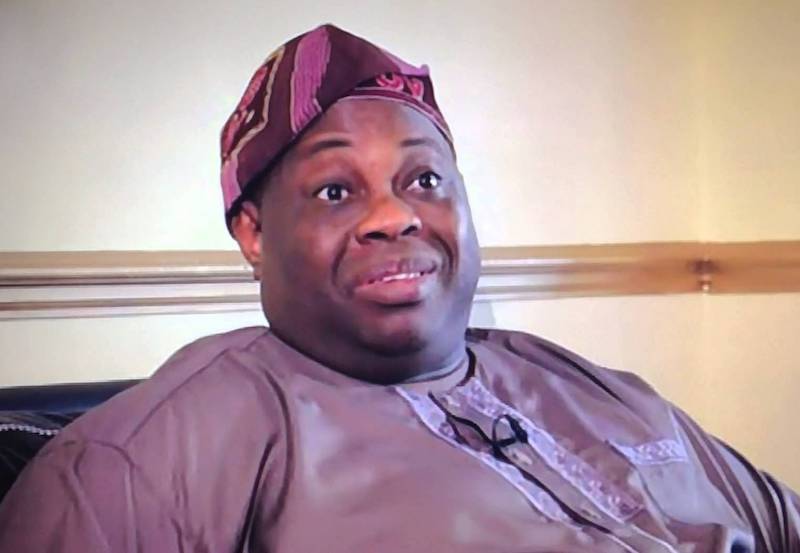
“Kidnappers Are in the Bush, Not on the Road!” – Harrison Gwamnishu Blasts Security Operatives in Fiery Post After Resignation

Renowned activist Harrison Gwamnishu has sparked a wave of public outrage and renewed scrutiny on the Nigerian security system after he boldly called out law enforcement agencies for allegedly misdirecting their efforts in the fight against insecurity. In a sharply worded statement released on his social media pages, the activist declared, “Kidnappers are in the bush, not on the road. Go to the bush and stop harassing and extorting young people on the road.” His comments come just days after he made headlines for resigning from his position as the Senior Special Assistant on Special Duties to the Governor of Delta State, citing the worsening security situation in the state and the country at large.
Gwamnishu’s comment has since ignited widespread discussion, with Nigerians applauding his courage to speak truth to power while others lament the unfortunate reality of youth profiling and unchecked extortion by security agents. In a country battling waves of kidnappings, banditry, and police brutality, the activist’s statement has struck a deep nerve. For many, it reflects a truth they’ve lived with for too long — a truth that continues to place the ordinary citizen, particularly the youth, in the crosshairs of systemic failure and abuse.
Known for his fiery activism and grassroots interventions, Harrison Gwamnishu has long been a vocal advocate for the voiceless. His transition into politics as a government aide was seen by many as a strategic move to influence change from within the system. However, his recent resignation and subsequent public criticism of security forces has revealed the depth of his frustration. In his words, staying in office while remaining silent about the dangerous trajectory of Nigeria’s security situation would amount to complicity.
The statement did more than call attention to the misplacement of priorities by security agencies; it painted a vivid picture of the disconnect between law enforcement and the reality on ground. While hundreds of Nigerians continue to be abducted in rural communities and held in makeshift camps in thick forests across the country, checkpoints have become hotspots for extortion. Young men, particularly those who dress stylishly, use smartphones, or drive cars, are routinely harassed, searched, and sometimes arrested without cause. Gwamnishu’s point was clear: the real criminals are hiding in the bushes, but the police seem more interested in harassing innocent people on the highway.
His statement also threw light on the growing public distrust in the security architecture. For years, Nigerians have lamented the inefficiency and corruption of some security operatives. Numerous reports, social media threads, and viral videos have documented cases of extortion and unlawful detention by officers who use checkpoints as personal ATMs. Many Nigerians say they have become more afraid of meeting police officers on the road than they are of facing actual criminals. Gwamnishu’s statement gave official validation to what many citizens have been screaming for years.
While many praised the activist for resigning honorably rather than remaining silent and collecting a government salary, others questioned the timing and wondered whether more could have been done from inside the system. Some critics accused him of abandoning his post at a time when his influence could have helped shape policy or push for reforms. But his supporters argue that his resignation was the most powerful protest he could make, especially if his efforts were constantly being stifled or ignored behind closed doors.
Meanwhile, calls for accountability and reform within Nigeria’s security framework have once again intensified. Social commentators and fellow activists are using the opportunity to revisit the urgent need for community policing, intelligence-led operations, and the proper equipping and training of personnel. Rather than random stop-and-search exercises that breed fear and resentment, experts are urging a strategic focus on actionable intelligence and coordinated efforts to dismantle criminal networks operating in forests and ungoverned spaces.
The Nigerian government, for its part, has continued to claim that it is tackling insecurity with every tool available. Statements from security agencies often emphasize their achievements in neutralizing bandits and rescuing victims. However, the daily reality tells a different story — one that aligns more with Harrison Gwamnishu’s frustrations than with official press releases. With mass abductions still being reported in states like Kaduna, Niger, and Zamfara, and with ransom payments becoming more frequent, public confidence in security institutions continues to dwindle.
Gwamnishu’s post is not just a critique — it is a call to action. It urges security agents to return to their core mandate: protecting the lives and property of Nigerians. It demands that the Nigerian youth, already burdened by unemployment and economic hardship, be treated with dignity and respect. And perhaps most importantly, it challenges the current crop of political leaders and state actors to match their words with action.
As Nigerians react to the viral post, many have called for a system-wide overhaul. “We need a new policing system that understands the people, not one that sees us as enemies,” one commenter wrote. Another tweeted, “Harrison said what many in power are afraid to say. This system is broken and must be rebuilt from the ground up.”
The Delta State Government has not issued a formal response to his resignation or his explosive statement, but the silence from the political class speaks volumes. Gwamnishu’s move has become a symbol of protest, one that may inspire other appointees and public servants to speak up, step down, or refuse to be complicit in systems they no longer believe in.
As the dust settles on this controversy, the bigger question remains: will this moment trigger the kind of structural reform the country desperately needs, or will it be yet another bold outcry lost in the noise of Nigeria’s never-ending security crisis? One thing is certain — Harrison Gwamnishu has once again placed the spotlight on an issue that touches the very soul of the nation. And in doing so, he has reminded Nigerians that silence is not an option when lives are at stake.


